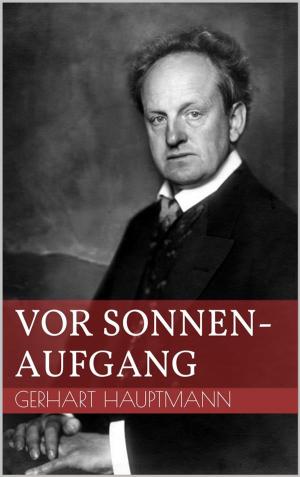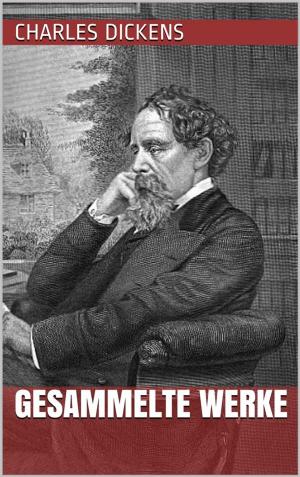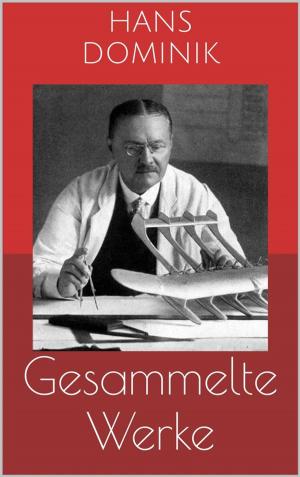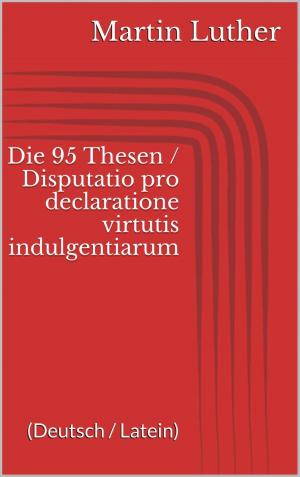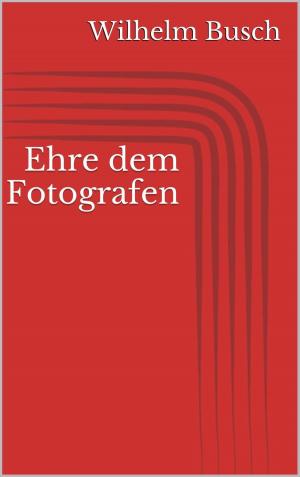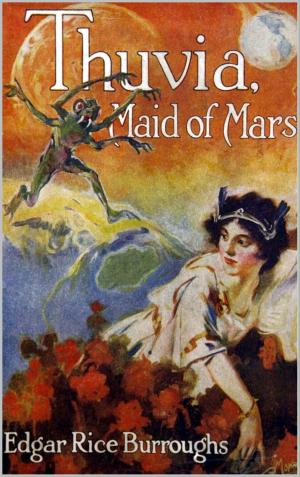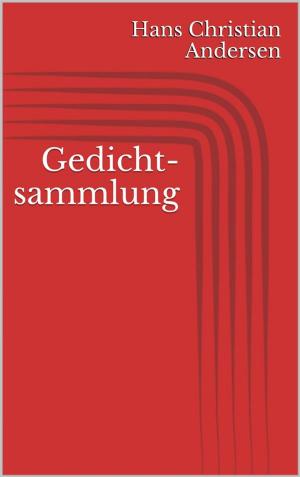| Author: | Wilhelm Busch | ISBN: | 1230000270271 |
| Publisher: | Paperless | Publication: | September 19, 2014 |
| Imprint: | Language: | English |
| Author: | Wilhelm Busch |
| ISBN: | 1230000270271 |
| Publisher: | Paperless |
| Publication: | September 19, 2014 |
| Imprint: | |
| Language: | English |
"Max and Moritz (A Story of Seven Boyish Pranks)" (original: "Max und Moritz - Eine Bubengeschichte in sieben Streichen") is a German language illustrated story in verse. This highly inventive, blackly humorous tale, told entirely in rhymed couplets, was written and illustrated by Wilhelm Busch and published in 1865. It is among the early works of Busch, nevertheless it already features many substantial, effectually aesthetic and formal regularities, procedures and basic patterns of Busch's later works. Many familiar with comic strip history consider it to have been the direct inspiration for the "Katzenjammer Kids" and "Quick & Flupke". The German title satirizes the German custom of giving a subtitle to the name of dramas in the form of "Ein Drama in ... Akten" ("A Drama of ... acts"), which became dictums in colloquial usage for any event with an unpleasant or dramatic course, e.g. "Bundespräsidentenwahl - Drama in drei Akten" ("Federal presidential Elections - Drama in Three Acts").
"Max and Moritz (A Story of Seven Boyish Pranks)" (original: "Max und Moritz - Eine Bubengeschichte in sieben Streichen") is a German language illustrated story in verse. This highly inventive, blackly humorous tale, told entirely in rhymed couplets, was written and illustrated by Wilhelm Busch and published in 1865. It is among the early works of Busch, nevertheless it already features many substantial, effectually aesthetic and formal regularities, procedures and basic patterns of Busch's later works. Many familiar with comic strip history consider it to have been the direct inspiration for the "Katzenjammer Kids" and "Quick & Flupke". The German title satirizes the German custom of giving a subtitle to the name of dramas in the form of "Ein Drama in ... Akten" ("A Drama of ... acts"), which became dictums in colloquial usage for any event with an unpleasant or dramatic course, e.g. "Bundespräsidentenwahl - Drama in drei Akten" ("Federal presidential Elections - Drama in Three Acts").


